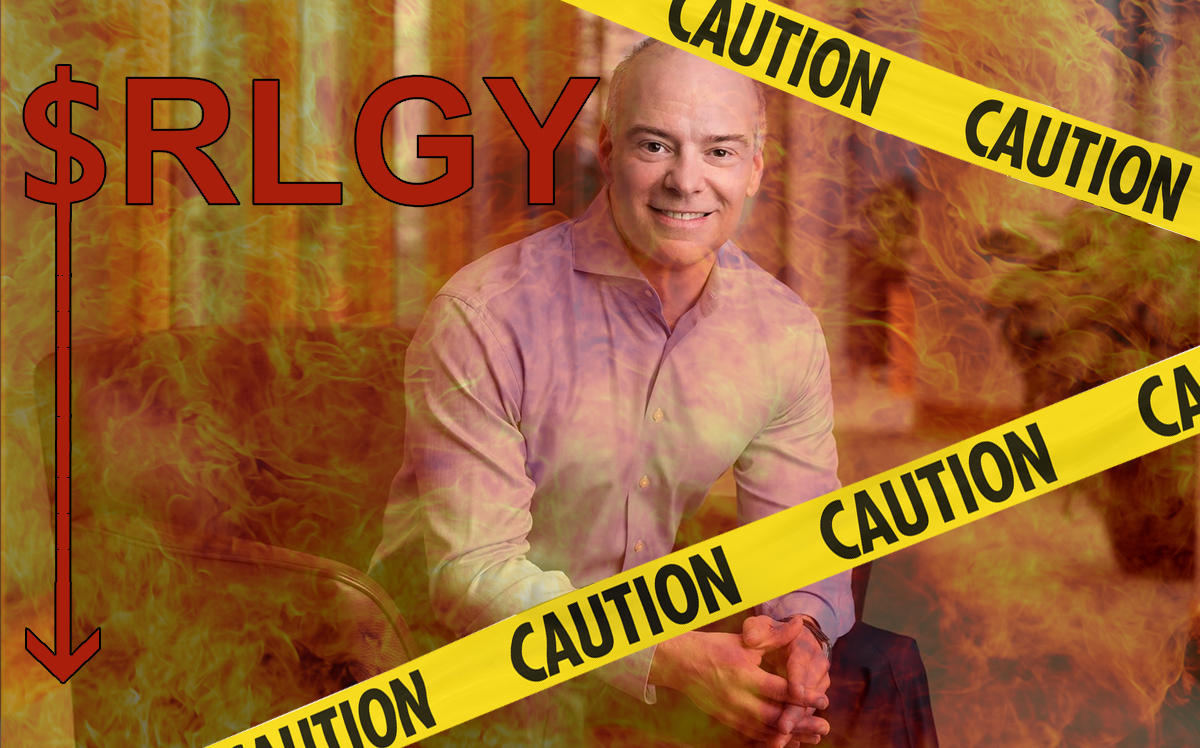Realogy’s market cap hit a new low of $967.4 million on Tuesday — dipping below $1 billion for the first time since the real estate conglomerate went public seven years ago.
The New Jersey-based firm — whose brands include the Corcoran Group, Sotheby’s International Realty and Coldwell Banker — had a market cap of $3.3 billion just one year ago. On Tuesday, shares closed at $8.47, a 66.5 percent year-over-year drop from $25.33.
So, what happened?
Realogy’s stock began falling sharply May 2, when the company said its first-quarter sales volume dropped 9 percent — significantly more than the national average of 4 percent. Despite pulling in $1.1 billion in quarterly revenue, Realogy’s losses widened 48 percent to $99 million.
Tuesday’s market-cap plunge was another stark reminder of the company’s diminished value.
Now the largest real estate conglomerate in the U.S., the business was originally part of Cendant Corp., until it was spun off and acquired by Apollo Management for $8.5 million in 2006. After weathering the financial crisis, Realogy went public in 2012, when it raised $1.08 billion by selling 40 million shares at $27 a piece.
By 2013, Realogy’s market cap topped out at $7.4 billion, according to Y Charts, a financial data research firm.
The sharp decline of Realogy’s market cap coincides with a rash of newly-minted real estate unicorns. On Tuesday, VTS — which helps commercial property landlords manage leases — said it had raised $90 million in a round that valued the company at $1 billion.
The funding round underscores that Realogy is increasingly competing against venture-backed firms with deep pockets and no shareholders to answer to. To date, Compass has raised more than $1.2 billion and is valued at $4.4 billion. Despite that, COO Maelle Gavet was recently quoted as saying the firm had yet to form a “clear monetization strategy” regarding ancillary services like title, mortgage and insurance.
During a May 2 earnings call, Realogy CEO Ryan Schneider acknowledged the landscape. “The competitive environment has gotten even tougher recently especially from a few companies who seem fine losing money,” he said.
But Realogy also has mounting debt — to the tune of $3.3 billion as of March 31 — and the company is seeking to reduce that burden. In a statement, a spokesperson for the company declined to comment on the stock’s performance but said: “Amidst recent housing market conditions and an increasingly competitive environment, we remained focused, executing on our strategy to enhance our value proposition while finding operating efficiencies that together will allow us to come out even stronger as the market improves.”
Other traditional brokerage firms are weathering similar challenges. RE/MAX shares closed at $38.54 on Tuesday, down 28.7 percent year over year.
The discounted pricing for real estate companies like Realogy and RE/MAX has given some analysts reason to believe there’s opportunity ahead. For example, the Washington, D.C.-based investment bank Compass Point changed its rating from “sell” to “neutral” following the earnings call.
